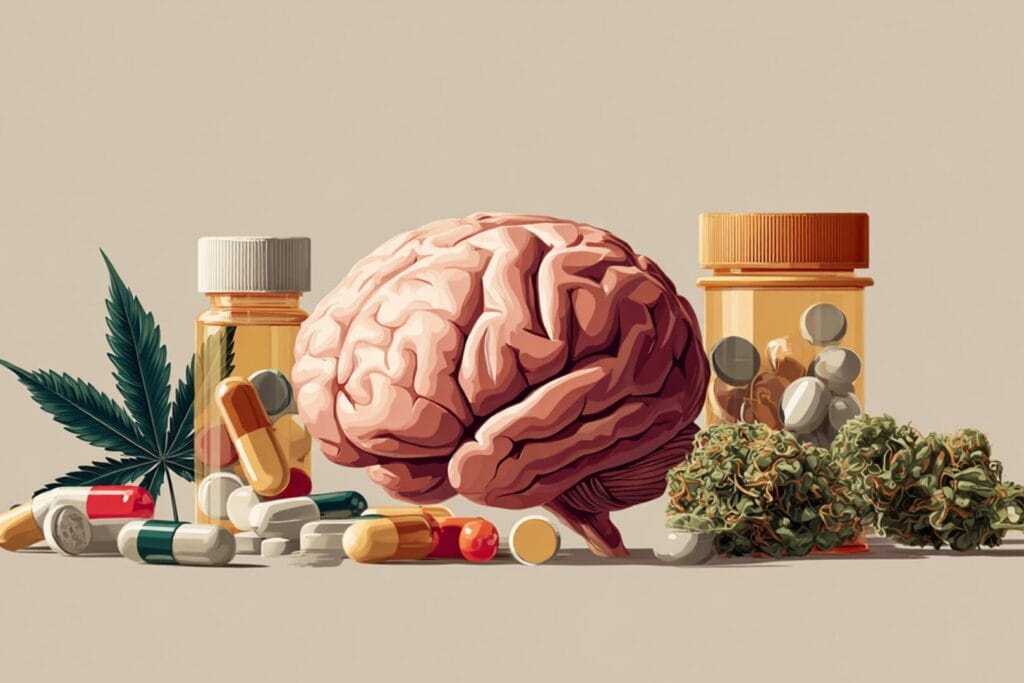Sobriety is a transformative step toward reclaiming control of your life. Whether you’ve just started your journey or it’s been ongoing, finding fulfilling activities that support your journey positively is essential. Sobriety is about more than abstaining from substances. It’s about building a lifestyle with connection, joy, and purpose.
Embracing Sobriety
Addiction recovery or a sober lifestyle creates self-discovery where you reshape all aspects of your life to support it. As part of that, you must make healthy, positive routines that nurture you mentally and physically.
You’re committing to embracing a life of purpose and clarity, but achieving and maintaining sobriety requires more than willpower. It demands that you make a fundamental shift in your mindset and lifestyle.
Establishing healthy routines is a crucial part of this. Addiction tends to thrive in chaos and unstable environments. That can then wreak havoc on physical health, relationships and mental well-being. Creating positive and structured routines gives you a solid foundation to rebuild your life.
Healthy routines facilitate predictability and stability, helping to alleviate uncertainty and anxiety that can often come in the early stages of recovery. These routines can anchor you when you’re experiencing emotional turmoil or temptation and bring you back to a place of resilience and strength.
Positive routines can also help with your personal growth and development. They can improve your physical health, mood and self-esteem. You can also choose activities that will enhance the health of your mind, such as journaling or practicing mindfulness.
Creating healthy and positive routines is a cornerstone of recovery that allows you to appreciate all that sober living offers.
10 Activities to Support Sobriety
Some of the activities you can consider as part of supporting your sobriety include;
1. Exercise
Engaging in regular exercise and physical activity improves your health, reduces stress, and can give you a natural mood boost. It doesn’t matter what type of exercise you do. What’s important is that you enjoy it. It could include walking, running, yoga or weightlifting, for example.
Physical activity releases endorphins, helping improve your well-being, and it reduces the urge to use substances.
2. Get Creative
A positive way to channel your energy is through creative activities like writing, painting, or crafting. Creativity can be therapeutic and help you with emotional release, personal growth, and self-reflection. Creative interests and hobbies can also be a constructive outlet for managing your emotions and coping with triggers.
3. Meditation
Cultivating mindfulness through meditation and other mindfulness practices can help you build resilience against triggers and cravings. When you learn to observe your thoughts and sensations without judgment, you can develop more self-awareness and emotional regulation, which reduces the likelihood of experiencing a relapse.
4. Volunteering
Giving back to your community and others through volunteering can contribute to a sense of purpose and connection. It’s also an excellent way to cultivate compassion and gratitude.
Participating in acts of service can be fulfilling and give you meaning and belonging outside of yourself.
5. Get Outdoors
Spending time in nature has been shown in research to have significant mental health benefits, and it can boost your sense of well-being overall. When you’re outside, it promotes relaxation, reduces stress, and also gives you time for contemplation and reflection.
6. Learning and Personal Development
Spend some time investing in learning new skills or pursuing your interests. It’s stimulating and rewarding to learn, whether that means you take a course, learn a new language or explore a hobby through learning. With education, you can enhance your self-esteem and self-confidence by investing in your growth and self-improvement.
7. Be Social
Build a strong network of sober social connections because this is important for long-term recovery. With this network, you can plan things like game nights, outdoor activities and other gatherings that will help you build those sober bonds, fill your time with encouraging and uplifting people, and reduce any feelings of isolation you could experience.
8. Self-Care
Make self-care a priority in your sobriety and recovery. This helps you maintain your well-being in all ways, including physically, mentally and emotionally. You can find self-care routines that are joyful and relaxing to help you nurture a positive relationship with yourself.
9. Go to Support Groups and Therapy
Attending support group meetings and actively engaging in therapy creates accountability, and you can receive encouragement and guidance in recovery.
Connect with other people with experiences similar to yours, learn from their perspectives and insights, and enjoy the validation and empowerment that come with these sober activities.
10. Explore Your Spirituality
Connecting with a higher power or exploring your sense of spirituality when you’re in recovery can help you find inner peace, meaning and purpose. This doesn’t have to mean practicing a religion, although it can. It can also occur by exploring your philosophical beliefs or even meditating. It can also just mean that you delve into your belief in something greater than yourself.
Having spirituality in your life can guide and strengthen you on your sobriety journey.
Nurturing Sobriety with Purposeful Living
Every step that you take toward healing and growth is important in recovery. As you’re navigating recovery and its complexities, you may discover that it’s not just about abstaining from substances. Instead, it’s about deeply committing to a life of purpose, fulfillment and connection.
Finding sober activities that resonate with you becomes a pathway to your transformation and renewal.
If you’re not yet at a point of sobriety or haven’t begun your recovery and are unsure where to start, we can help. At San Diego Detox, along with our evidence-based addiction treatment programs, we integrate holistic activities that can begin to help you explore interests and activities that will be a meaningful part of your life—long after formal treatment begins. Reach out to learn more about how we can help you start your path to recovery.







